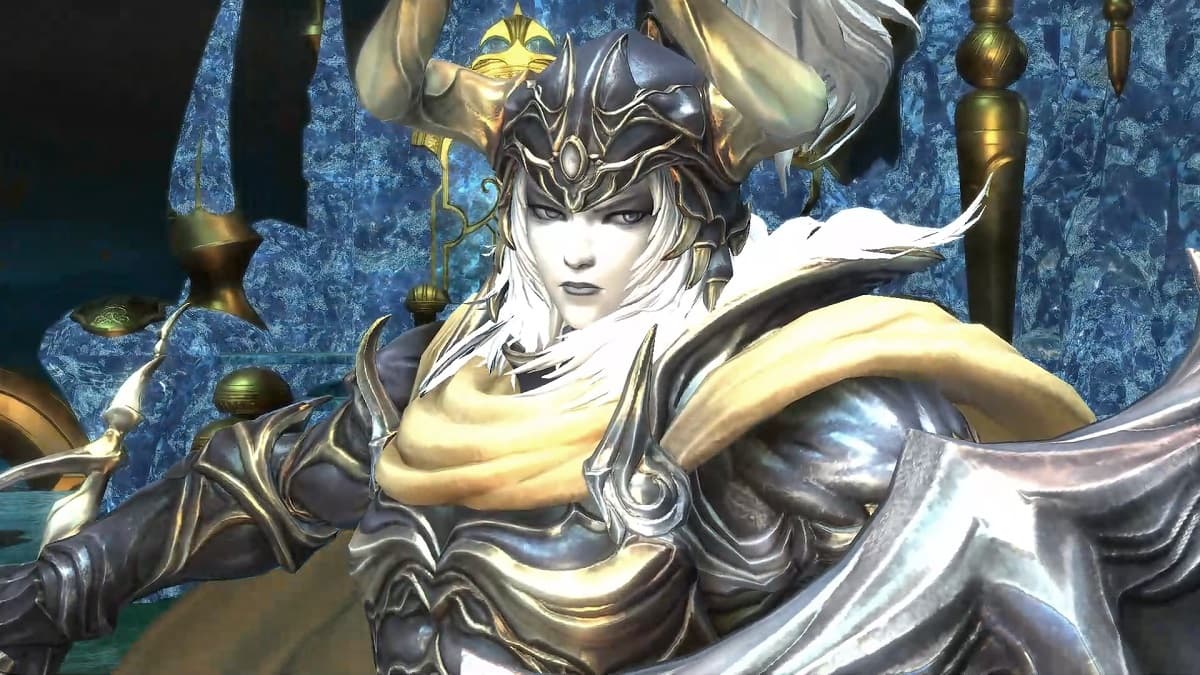London is entrenched in a macabre, ancient, and ghastly history. It is built upon countless battlefields, mass graves, and what seems like unending history. Maze-like alleyways and brooding buildings dot the city and hold the shadows of killers, royalty, and hidden societies.
It is a city creeping with character and therefore, it is no better location for DONTNOD’s latest action RPG, Vampyr.
While not as alluring as the dramatic locations found in a handful of other games, Vampyr’s nightmare-inducing locale is a persona unto itself with blood-soaked rooms and empty streets.
Story

Vampyr is an action-adventure RPG set in 1918 London. The Spanish flu has spread around the world and struck at the heart of the city.
The star of Vampyr is Dr. Jonathan Reid, who is a brilliant doctor in his own right. His research into blood transfusions has led him around the world and to many dark places.
Following the Great War, he returns to England; and after a mysterious encounter, he is afflicted with the vampiric condition. His lust for blood contradicts his character, and he is convinced science can explain everything happening to him.
Thrust into a shadowy world of creatures like himself, he fights to survive.
Like DONTNOD’s past games Remember Me and Life Is Strange, Vampyr leans heavily on story and character, for better or worse.
Dr. Jonathan Reid is the perfect foil for this land, but he seems a little bland as a protagonist. None of the game’s dialogue options (anywhere in the game), seem to add any real definition to the character.
At times, Reid comes off as an arrogant cur, with only one option to choose from, but at other times, he is kind and considerate with multiple options. While the overall story affects the behavior of the NPCs you talk to, always seems to be a incongruous undercurrent to Vampyr‘s dialogue choices. Whatever dialog option you pick, be it kind or arrogant, it never changes the good doctor, making him feel rather stale at times.
Another, slightly bothersome, issue is that he seems a little too perfect to be a vampire. A world expert in blood transfusions? Really? It’s a coincidence that’s a bit on the nose for me.
Gameplay
Vampyr’s central concept is one of dichotomy: Reid is both a healer and a killer. Taking the Hippocratic oath, he is a protector of life whose own true identity is a dark comedy, a life masquerading in the shadows.
Eventually, this dichotomy ensnares Vampyr’s gameplay; social webs begin to form with those you have met — those who may or may not be potential victims, those you must pardon and save, and those you must judge and execute. In Vampyr, it’s not “Do I kill?” but “Who do I kill?”. Each citizen offers a tempting source of power…but there will be consequences within the story.
Each NPC in London is a living, breathing thing. None are isolated but attached to a least one other citizen. This not only means that Reid must be careful in who he dispatches, but it also means that there are multitudinous opportunities for Reid to learn about each and every one of them by asking questions of others (or possessing the proper skills to extract information).
And it doesn’t just move the narrative forward. These conversations will allow NPCs Blood EXP to increase, giving Reid the option to suck them dry — and by proxy, leveling up and gaining new abilities.
Deciding who lives and dies the Vampyr isn’t an easy choice — and not only from a narrative or “moral” perspective. Who you kill in Vampyr can affect the rest of the game.
For example, killing a nurse might seem easy because she’s blackmailing another character. But if you learn she’s providing medical services in another part of the city — and the blackmail helps her achieve her goal — then it might be hard to kill her. And if you do decide to kill her, vendor prices might increase because of her absence.
On top of that, the game difficulty is tied to how you play and approach these NPCs. The more lives you take, the easier the game becomes. While there are four ending to Vampyr, it’s easy to botch one by killing the wrong person. And that’s where Vampyr shines the brightest — in situations that remind you the stakes are real, and that you have to live with consequences of your actions.

When it actually comes to combat, things get relatively simple. You have either a weapon in each hand, such as a machete and a stake, or a two-handed weapon like a mace. You can also pick up guns and blast your enemies if that suits your fancy.
As a vampire, you have powers, too. The most basic vampiric attack is powerful, allowing you to take loads of damage, as well as dodge around rooms and streets at supernatural speeds. Meanwhile, kill a few vampire hunters, and you’ll unlock your feral claws. These will let you charge up a big attack that thrashes enemies onto the floor so you can pounce on them and drink their blood.
The problem is that that’s about it for combat. You’ll rinse and repeat over and over. And even though different enemy types are thrown at you throughout the game, such as vampire hunters, werewolves, and Skal (feral vampires), most fights will go something like this: dodge, hit, stab, charge health, claw, bite, dodge, hit, stab, charge health, claw, bite. Even boss the fights typically use this pattern, which gets repetitive after a while.
And even though I was thankful to come out of several vicious battles alive, it wasn’t necessarily because of the game’s inherent difficulty or the complexity of combat. Certain weapons stun, and this allows Reid to perform his important bit attack. However, the stun doesn’t always work — and it’s even more difficult to figure out exactly how you’re supposed to pull it off.
Even the tutorial doesn’t explain it well enough.
—
Vampyr is a game about decisions. It leans toward its story and narrative by giving players a lot of exposition early on. Notwithstanding some combat issues and systems gouged by a lack of difficulty, Vampyr is a slow burn.
While the game has some issues with combat and uses simplistic tropes for its main character, it is an excellent DONTNOD story. I was compelled to move forward and find out what grim happenstance was unfurled in this land. Yes, it is not a perfect game, but it serves as an engrossing drama for players to enjoy.
This was a community review for DONTNOD’s Vampyr. To see the Official GameSkinny review, click here.







Published: Jun 4, 2018 06:10 pm